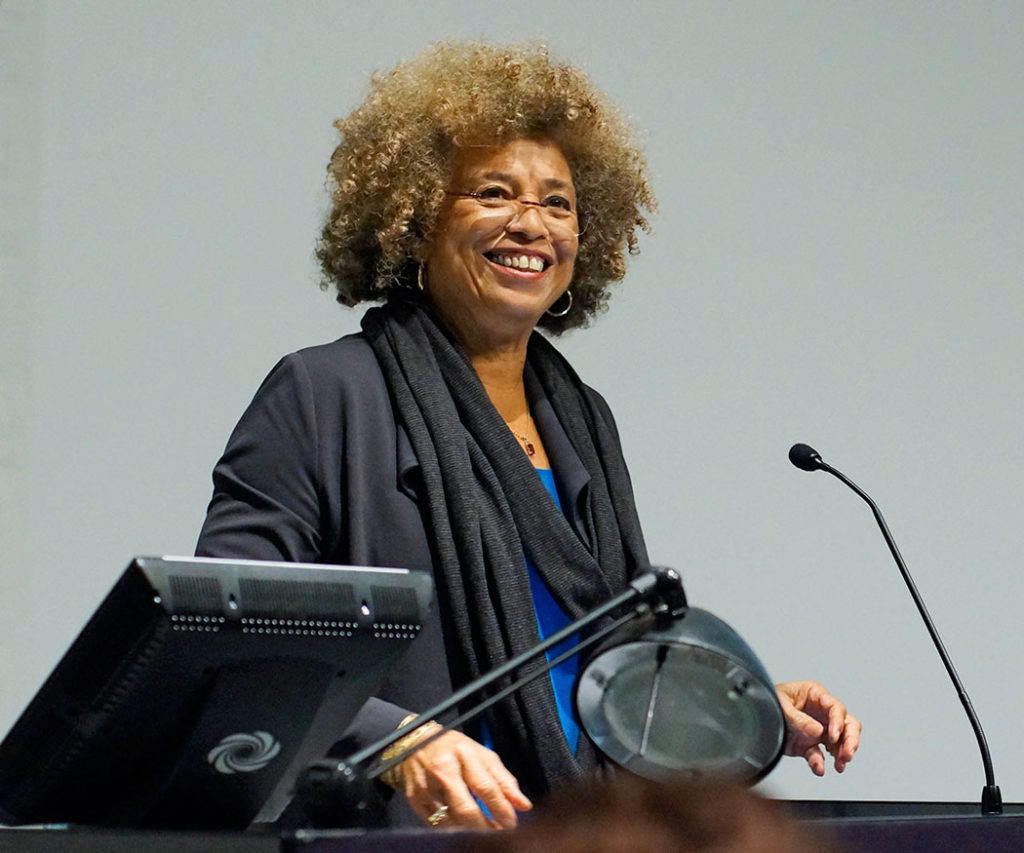By Jen Bravo, Guest Contributor
This post is the second in a series on the history of women in the animal protection movement, gender and animal advocacy, and stories of the women striving today to make the world a better place for animals.
In part one of Clear Eyes, Full Hearts: Women in Animal Advocacy, we highlighted three women who were instrumental in the fight to end vivisection in the late 1800s and very early 1900s. In part two, we explore just a few of the contributions women have made to the animal protection movement in the second half of the twentieth century and beyond.
The Modern Philosophical Movement
The modern animal rights movement often traces its roots to the 1975 publication of Peter Singer’s Animal Liberation, and soon thereafter, Tom Regan’s The Case for Animal Rights in 1983. It’s frequently argued that these two works form the foundation of our modern understanding of animal rights.
But before those seminal works were others written by women, like Ruth Harrison’s Animal Machines (1964), which exposed the world to industrial animal agriculture and influenced Peter Singer to become a vegetarian. And there was also Brigid Brophy’s essay in The Sunday Times, “The Rights of Animals” (1965), in which she argued that “…the relationship of Homo sapiens to the other animals is one of unremitting exploitation.” Brigid was a feminist and pacifist who campaigned for vegetarianism and animal rights, was open about her bisexuality, and has been credited with triggering the creation of the modern animal rights movement in England.
Brigid believed in legitimate rights for animals, not just a reduction in suffering. She once said:
I don’t myself believe that, even when we fulfill our minimum obligations not to cause pain, we have the right to kill animals. I know I would not have the right to kill you, however painlessly, just because I liked your flavour, and I am not in a position to judge that your life is worth more to you than the animal’s to it.
Brigid’s 1965 essay was later collected in the 1971 anthology, Animals, Men, and Morals, along with works by other influential women, including Ruth Harrison, Muriel Dowding (the co-founder of Beauty Without Cruelty), Maureen Duffy, and Roslind Godlovitch.
Civil Rights and Animal Rights
Many civil rights leaders believed—and still believe—that all forms of prejudice and exploitation are linked, and therefore have argued in favor of animal protection as well as civil rights. Rosa Parks is believed to have been a vegetarian for much of her life. And Alice Walker, celebrated author of The Color Purple (1982), while only mostly vegetarian, wrote in her forward to Marjorie Spiegel’s book The Dreaded Comparison (1988) one of the most well-known quotes on animal rights:
The animals of the world exist for their own reasons. They were not made for humans any more than black people were made for white, or women created for men.
Alice Walker went on to share, in a 2008 Vegetarian Times interview:
I find it difficult to feel responsible for the suffering of others. That’s why I find war so hard to bear. It’s the same with animals: I feel the less harm I do, the lighter my heart. I love a light heart. And when I know I’m causing suffering, I feel the heaviness of it. It’s a physical pain. So it’s self-interest that I don’t want to cause harm.
If I’m eating food I know was a creature in a cage, it brings up memories of segregation and the stories from my ancestors, of being in captivity and denied their personalities, their true beings. Animals were not made for us, or our use. They have their own use, which is just being who they are.

Similarly, political powerhouse and activist, Angela Davis, spoke out about being vegan at the University of California, Berkeley in 2012, at the 27th Annual Empowering Women of Color Conference. She argued that being vegan is a revolutionary act, part of a revolutionary perspective that challenges exploitation inherent in the status quo:
I usually don’t mention that I’m vegan, but that has evolved. I think it’s the right time to talk about it because it is a part of a revolutionary perspective—how can we not only discover more compassionate relations with human beings, but how can we develop compassionate relations with the other creatures with whom we share this planet, and that would mean challenging the whole capitalist industrial form of food production.
Just Scratching the Surface…
This blog post doesn’t even begin to touch on all the ways women have influenced animal protection in the twentieth century and beyond. It doesn’t touch on the women who founded animal protection organizations that have been critical to the growth of the movement, like Helen Jones, who founded the group that would become the International Society for Animal Rights (ISAR) in 1959, Shirley McGreal, who formed the International Primate Protection League (IPPL) in 1973, and Ingrid Newkirk, who co-founded People for the Ethical Treatment of Animals (PETA) in 1980. It doesn’t touch on the women who ran vegetarian restaurants during the food revolution of the 1970s. It doesn’t touch on women in law, or women in politics, or all of the women who work tirelessly day after day rescuing animals from neglect and mistreatment.
In our third and final installment of this short series, we’ll share stories of some of these women striving today to make the world a better place for animals, and link to some recommended reading and online projects that we think you’ll find interesting.
I think Vegan Outreach should advocate for vegan menus in prisons, the military and schools. If they have issues with it, maybe try one day a week, for starters. I think vegan eating will reduce anxiety, depression, violence and obesity. Keep the faith 🙂